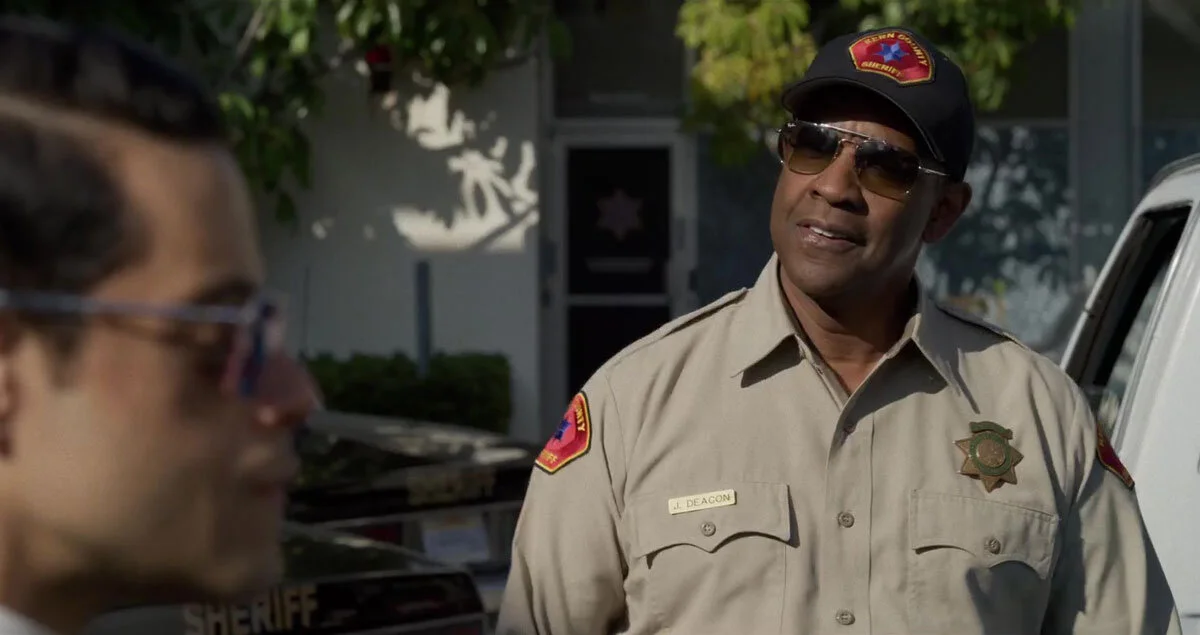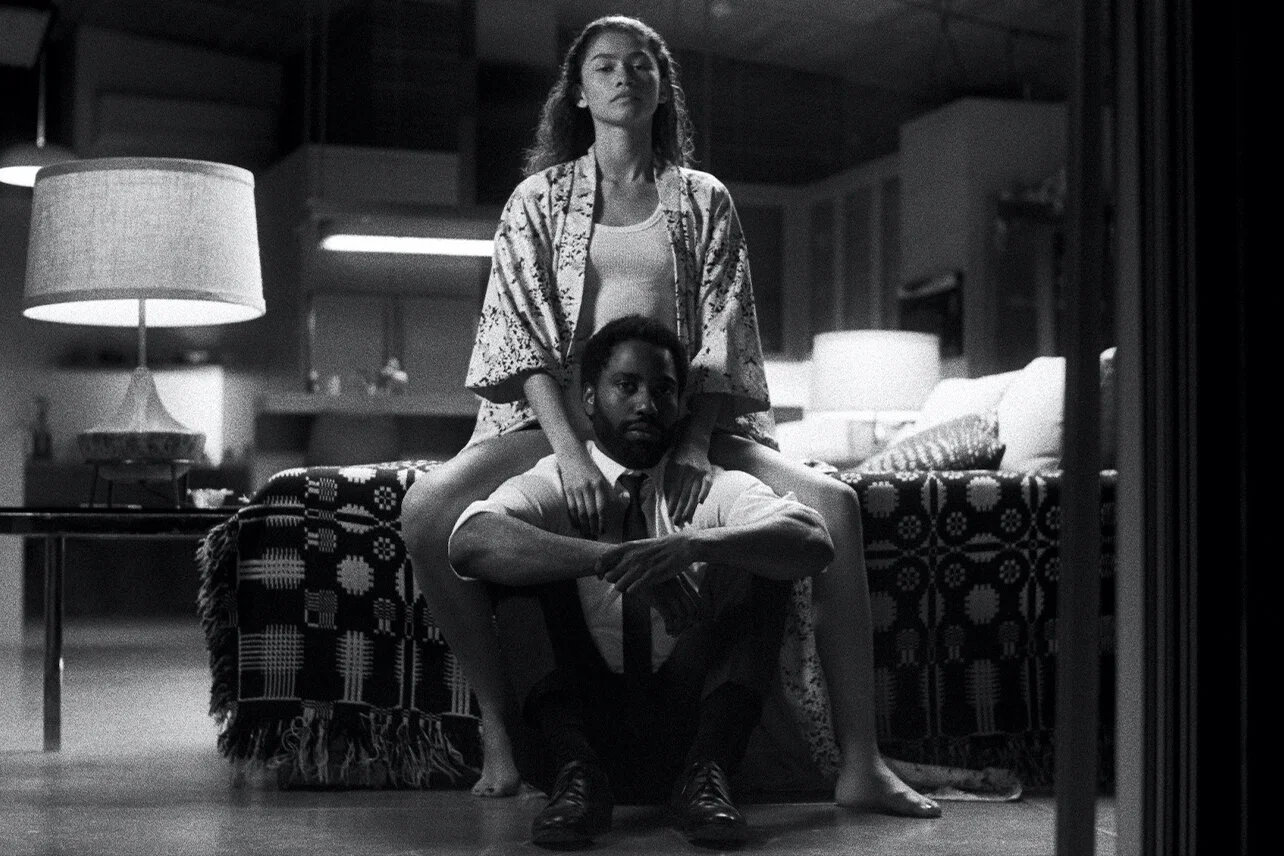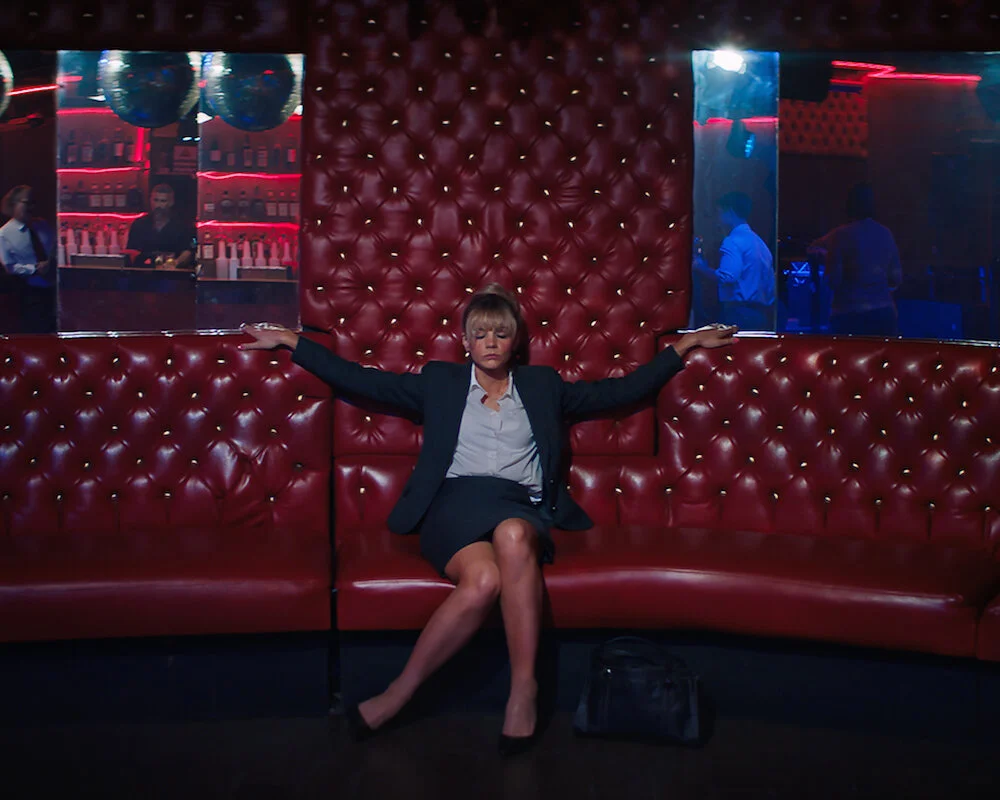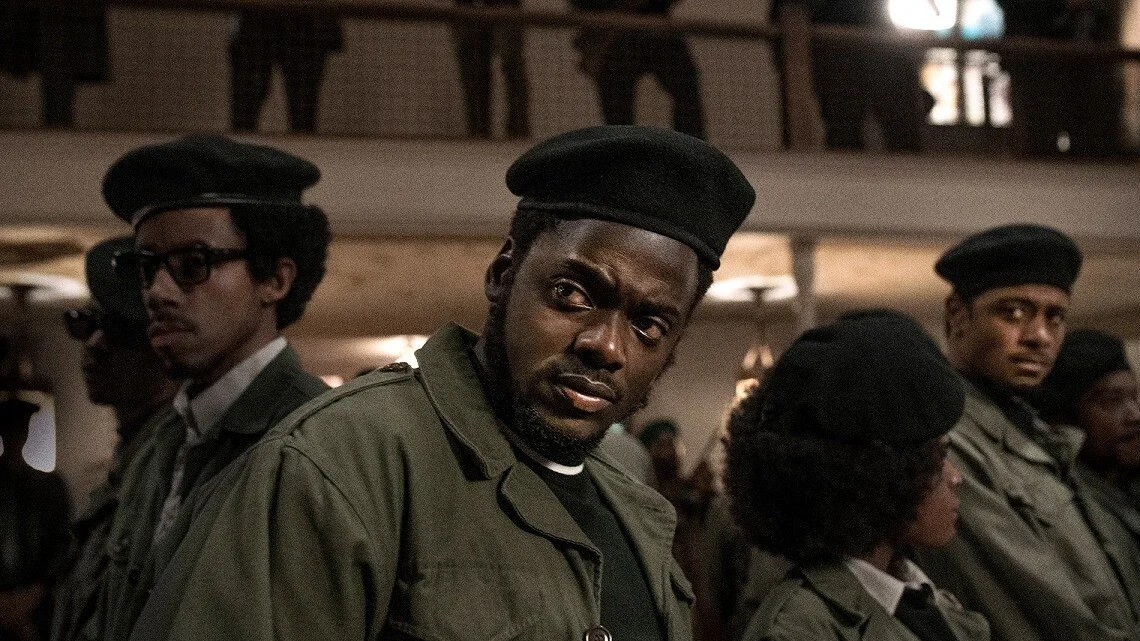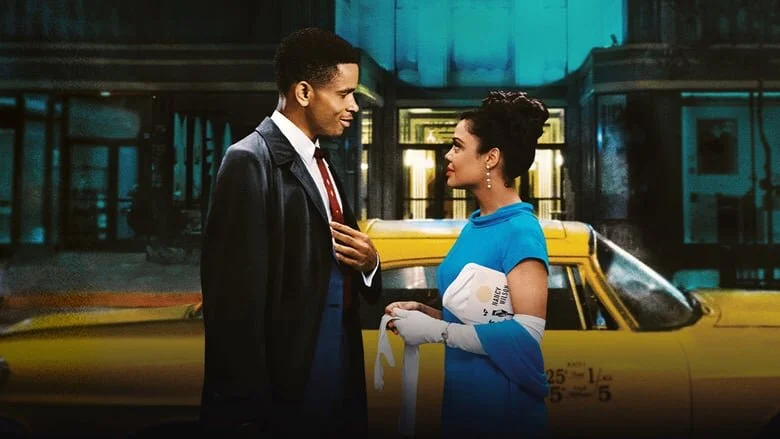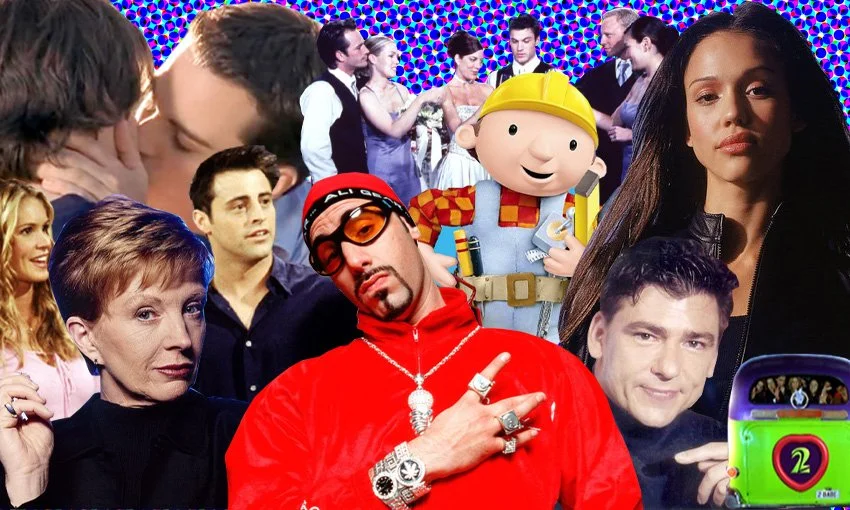The Little Things Indeed Add Up
The Little Things Add Up, Just Not How You Might Expect
I should admit from the outset that my expectations for this film were sky high. In many ways, I have been waiting for its arrival for the better part of a decade after reading about it during my college years. John Lee Hancock, the writer and director of the film, and I have relatively similar interests. Both of us are law school graduates who have chosen somewhat different paths than practicing law. Granted, I’ve yet to write a major motion picture, but the future is bright.
Hancock stated that the script for The Little Things caught the attention of some big time Hollywood players, and was set to go into production under major distribution in the mid-90s. That never materialized. Steven Spielberg reportedly passed on the film because it was “too dark.”
And therein lies my dilemma with what one takes away from the film. Even Hancock himself leaned into the revelatory nature of the darkness of the movie, going so far as saying he didn’t want to make the movie while he had young kids because, well, it was sooooooo dark.
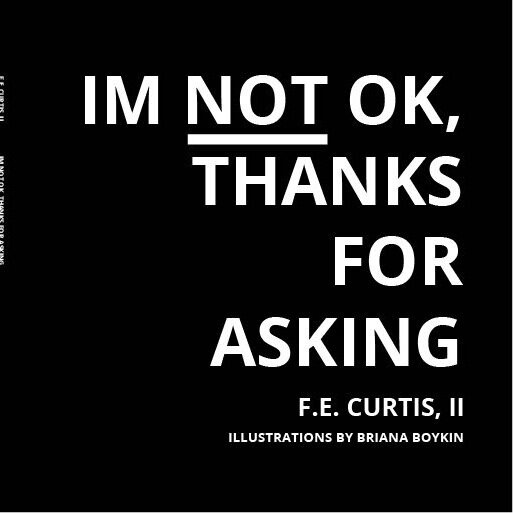
Hollywood is Hollywood for a reason. Marketing is a strong point, and though films in some respects are starting to attempt to blur the genre lines in a way music has transformed the last decade or so, people are still particular about what they enjoy.
Which brings me back to The Little Things. Though the simultaneous theatre and HBO Max release certainly curtailed the bombardment of advertising we would’ve seen in a normal world, the billing was still high. If you follow pop-culture in any respect, you knew the film was dropping soon, and you likely deduced it would be this intense psychological thriller. At least, I did.
I anticipated a star-studded cast with the level of writing we’ve come to expect from Hancock would collide in a cosmic Molotov of perfection, leaving the viewer awe struck, disturbed, and mind warped about what they just experienced. After all, it’s supposed really dark.
Instead, I left with many questions, but no real desire to have them answered. I think I can guess some, others I can’t, but in the end, I feel no need to Google articles about the film or find a legion of supporters to discuss the experience. Strangely, it wasn’t dark.... at all.
As someone whose favorite kind of movie is a well written, disturbing, psychological thriller, The Little Things promoted itself as such. The studio led us to believe there’d be an intense and elongated study of a man that once had hopes, dreams and ambitions, yet ended up being nothing more than a cancer to the world. That the arc of the film would lead to moments in which you sympathized with the antagonist, only to want to watch him die a slow and painful death half a dozen scenes later. You wanted to feel as deeply connected to the people chasing the suspect as the suspect to the victims. I’m not sure any of that for happened, for any character.
Rami Malek and Denzel Washington are brilliant, as we’ve rightfully come to expect. But that’s part of the problem. More than anything else, the film leans on the brilliance of the characters and the majestic beauty and borderline creepiness of the many outskirts of Southern California. It’s a beautifully directed film, with brilliant acting. The lone superlatives missing are superb writing and an adequately somber tone. Yet the latter are a collection of little things, and as the film noted throughout, well, those little things eventually add up, but not always in a good way.
The Coen brothers’ 2009 exploration of a modern-day Job calamity is vibrant and comedic with just the right amount of despair.
Richard Linklater’s latest film isn’t necessarily a coming of age story, but an animated time machine to 1960’s White America. At least it’s done well.
Describing their relationship as toxic is a misnomer. Their interactions, much like the film, are decidedly obnoxious.
Judas and the Black Messiah is the film that it is, not the film we want it to be. That’s the point.
Some things always seem better left unsaid and unchecked, and that’s a really big problem.
Might the 2020’s shake out to be the largest exploration of Black-centered cinema, ever?
The Last Black Man in San Francisco’s central theme isn’t so much gentrification, but Black male friendship – and the struggle to find and retain it
The Coen brothers’ 2009 exploration of a modern-day Job calamity is vibrant and comedic with just the right amount of despair.
Big government media want you to believe that 2016 is the year things started to unravel, but that would be too good to true… and just plain wrong
What happens when something designed for intimacy and pleasure transforms itself into an on-demand tunnel for deviation and violence? And how do we change it?
What Roger Goodell and the NFL decide to do about the sexual predator now playing quarterback for the Cleveland Browns may be the most impactful statement to date
James has always been a fierce advocate for social justice and progress, but can someone that has reaped the most from unfettered capitalism really advocate for the masses?
Richard Linklater’s latest film isn’t necessarily a coming of age story, but an animated time machine to 1960’s White America. At least it’s done well.
1 in 6 boys will be sexually abused by the age of 18. Rather than calling it rape, society teaches us that our violation is a badge of honor. Men, it's time to acknowledge our #MeToo experiences – and heal from them.

